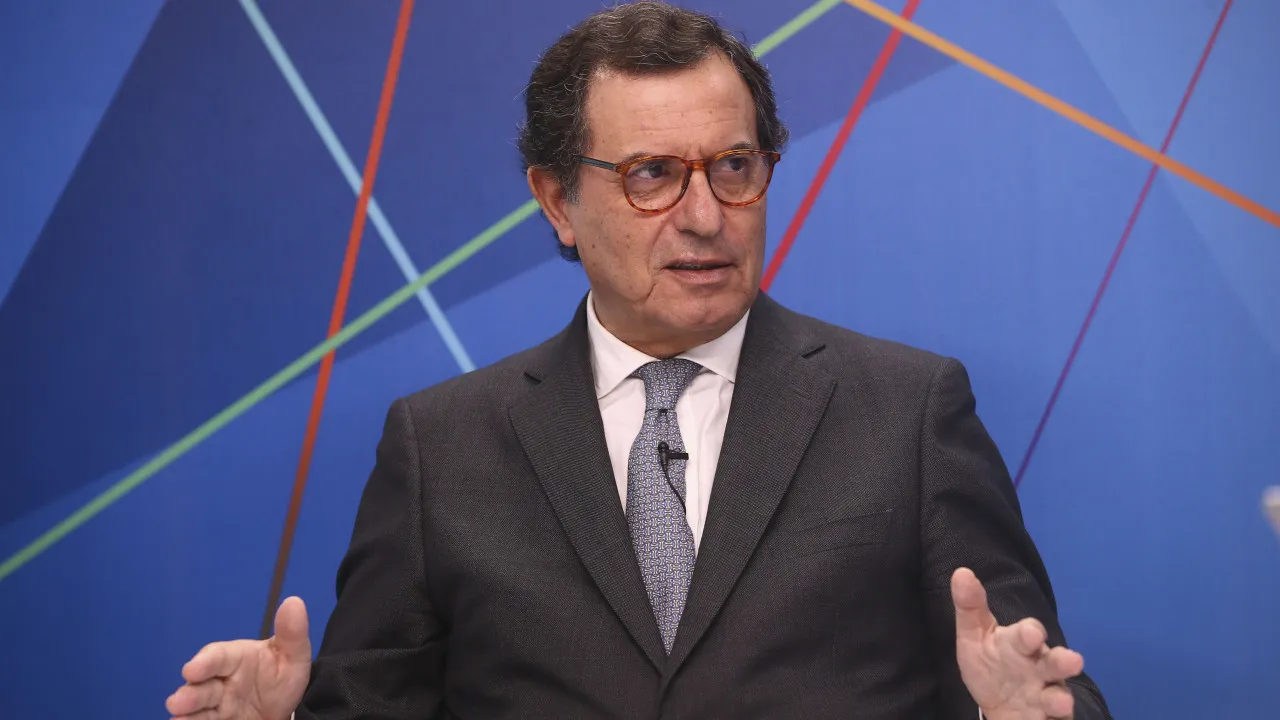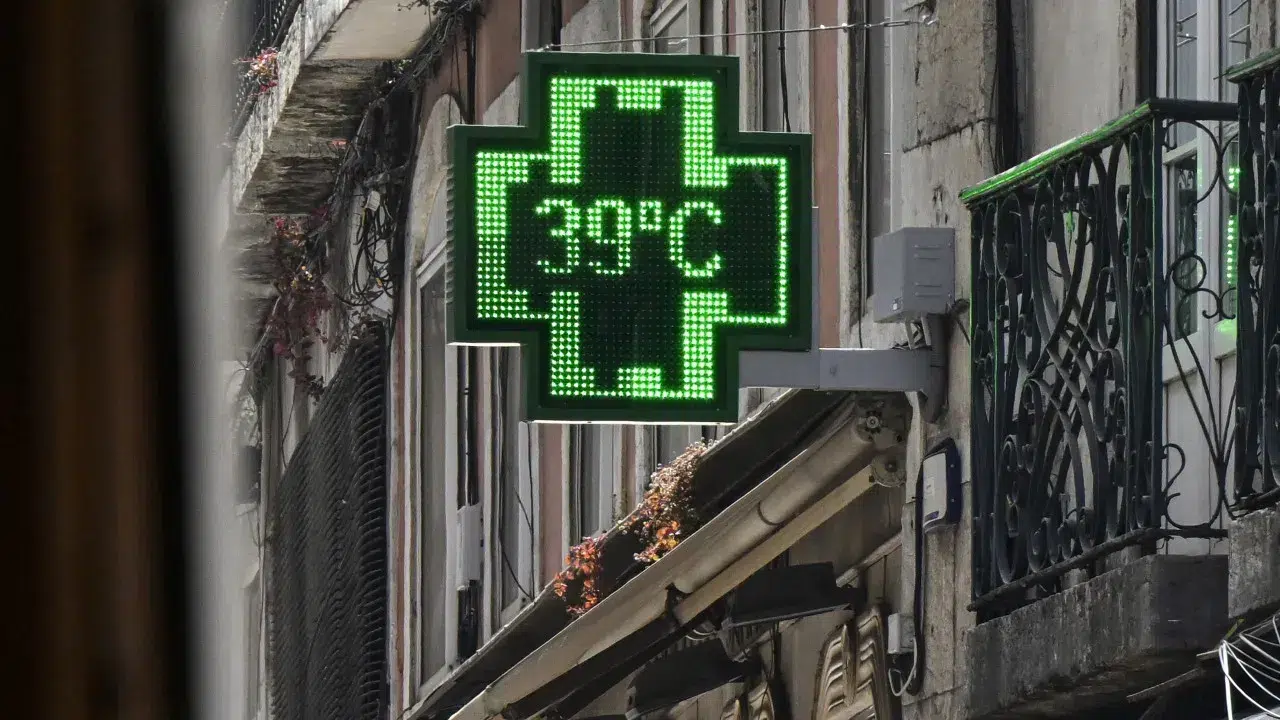
“I think this is one of the areas where changes must occur, and the countries with outermost regions will have to unite to impose a new solution that respects the specificity these regions have,” stated the Minister of Economy and Territorial Cohesion. He emphasized that these regions “incur more expenses” and, therefore, “require more support.”
The minister’s remarks followed a meeting with the Regional Secretary of Madeira’s Economy, José Manuel Rodrigues, held in Lisbon.
In an audio recording sent to the press agency, Manuel Castro Almeida expressed regret over the European Union’s proposed Multiannual Financial Framework (MFF) for 2028-2034, which reduces aid to outermost regions like the Autonomous Region of Madeira.
“It is unfortunate that the European Commission’s proposal does not value, as I believe it should, and as the Regional Secretary of Madeira’s Economy also believes, the regions, especially the outermost regions, which require specific treatment not included in this proposal,” he stated.
On July 16, after several hours of negotiations among European commissioners, the first proposal package for the upcoming MFF 2028-2034 was presented in Brussels. This package includes a total allocation of two trillion euros in authorizations (at current prices), based on national contributions of 1.26% (relating to gross national income).
The proposal suggests a simplification of the EU’s long-term budget, reducing programs from 52 to 16. It allocates 865 billion euros for national and regional partnership plans (including agricultural and cohesion structural funds) and 410 billion euros for the new European Competitiveness Fund (including Horizon Europe and the Innovation Fund).
An additional 200 billion euros will support the EU’s external action, 49 billion euros for Erasmus+ & AgoraEU, and 292 billion euros for other areas.
Today, at the conclusion of the meeting with the Minister of Economy and Territorial Cohesion, Regional Secretary José Manuel Rodrigues highlighted the concern of the Madeira government (PSD/CDS-PP) regarding excessive cuts to the Cohesion Fund in the next community support framework.
“The Cohesion Fund has been the main pillar of common European policies and the development and growth of all European regions, particularly those most disadvantaged,” he warned, pointing out that the MFF 2028-2034 proposal “almost entirely ignores the reality of outermost regions and their specificities.”
José Manuel Rodrigues, who also leads the regional CDS-PP, voiced the Madeira government’s “discontent” over the possible discontinuation of POSEIMA (Specific Options Program for the Remoteness and Insularity of Madeira and the Azores).
“It is unacceptable for the European Union to disregard the reality of outermost regions, the transportation costs, and the crucial importance of POSEIMA for regional agricultural production,” he remarked.
At the meeting, José Manuel Rodrigues advocated for extending the fiscal benefits of Madeira’s International Business Center (Free Zone) until at least 2033, as they are currently provided in the State Budget until 2026.
The regional secretary also stressed the need for Madeira to have a “physical and more active presence” in the Portuguese Development Bank.




